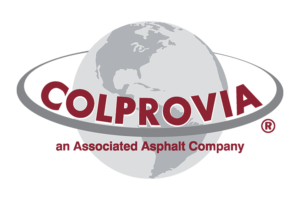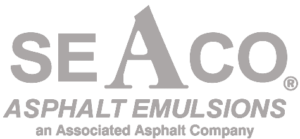Terminal Spotlight: Roanoke
When one talks about the history of Associated Asphalt, Roanoke will certainly never be left out. As our headquarters and home, our Roanoke office and the Roanoke Terminal have a rich history with Associated Asphalt, dating back to 1948 when the company started and operated under the Fuel Oil & Equipment Company name.
In the beginning, the entire company operated out of what is now the Training Center on Roanoke Avenue. At this time, the company delivered heating fuel residentially. If you catch Bill Kirk in a good mood, you may convince him to sing the jingle: “Call today and live the sure-temp way!” The company grew exponentially and required an expansion of the office at least five different times. These intermittent expansions paved the way for more administrative and accounting staff, as the corporate office continued to grow.
Pivoting to Liquid Asphalt
In the early 1950s, the company expanded to liquid asphalt in Roanoke to support our longest customer, Adams Construction’s growing need for asphalt. It became a seasonal complement to the fuel oil business. Our first contract to supply approximately 1,000,000 gallons of liquid asphalt started in May of 1953, with 1,700,000 ultimately delivered.
During this time, old rail cars were repurposed as our first asphalt tanks on Roanoke Avenue. We removed the wheels and chassis and were able to leverage the storage space and coils that were already built into the cars. When it was time for more space, we upgraded a 25,000-gallon heating oil tank to hold asphalt. It’s still in use today! This was a key time of ingenuity in our history. We saw an opportunity in a new market and embraced it, paving the way forward for the company.
“All of us know about the very busy days that we have in the summer paving season, but I have many memories of busy days during the winter at the Roanoke Terminal,” recalls Bill Kirk. “On very cold days, we would be dispatching 6 fuel oil trucks, making deliveries throughout the Valley. We would also have 5 service vans working. Our phone lines would be ringing from morning into night. All of this was done without computers or cellphones. They were very different times indeed!”
“Through all those times and today, it continues to be our employees who make a difference. They’re great people to work with who take pride in what they do,” he adds.
Evolution of Headquarters
The Roanoke Avenue Terminal was the home of corporate headquarters from 1948 to 2014. While staying put was partially a financial decision, there were plenty of reasons to stay despite the rapid growth. The location allowed corporate employees to directly interact with Terminal Operators, Drivers, and other field employees. The camaraderie between employees was unmatched, and while we now operate out of the Norfolk-Southern Building downtown, we’ve made a point to keep the road between corporate and the terminal a short one.
When corporate relocated, the space left behind was repurposed into the Training Center that we use to educate and upskill our employees. We dedicated this space as part of our commitment to continued learning and personal advancement for every employee. This space serves as the perfect location for employee training at every level.
The Terminal Today
Fast forward to 2021, the Roanoke Terminal has fifteen drivers, eight lot operators, three dispatchers, one administrator, and six managers. In 2002, our 11 rail spots increased to 23 – more than doubling our transport capacity. In 2005, our Emulsions Lab was added to the property.
Mike Tyree Jr. has been with the company full-time since 2011 and was recently promoted to the Technical Services Group. He remembers when he was working as an operator at the terminal with Terminal Manager, Daniel Palmer, pumping over 75 rail cars in a week. While our modern systems are in place to reduce those kinds of operating bursts, they carry that same sense of urgency in their work today.
“It still feels like home, even with the growth we’ve had over the past 3-5 years,” he says.
Jonathan Wolcott, Asphalt Manager, has been part of that growth over the past five years: “Daniel and I started pretty much from scratch developing a new lot crew. Along with our safety administrators, we have spent countless hours on safety training, Job Safety Analysis’s, and everything pertaining to overall terminal employees.”
Since joining the company, Jonathan has ushered in the installation of two new loading racks and the installation of a new tank.
None of this could have been possible without the hard work of Terminal Manager, Daniel Palmer. He’s gone from part-time groundskeeper, joining us in 1999, through Operator and AC Manager, to becoming Terminal Manager in 2008. He’s the epitome of a servant leader who isn’t afraid to jump into action alongside his employees. His proudest moments are when he sees his team go from being strangers to acting like family at and outside of work.
“Coming to work is just another day working alongside my family,” he says. “The mindset of “Get it Done” is what we strived for and what we accomplished together as a team. There are times when it can be extremely stressful, but working together, in the end, is always rewarding.”
These are just a few of the many faces at the Roanoke Terminal who keep things running smoothly and will help our Southwest Virginia customers thrive for years to come.

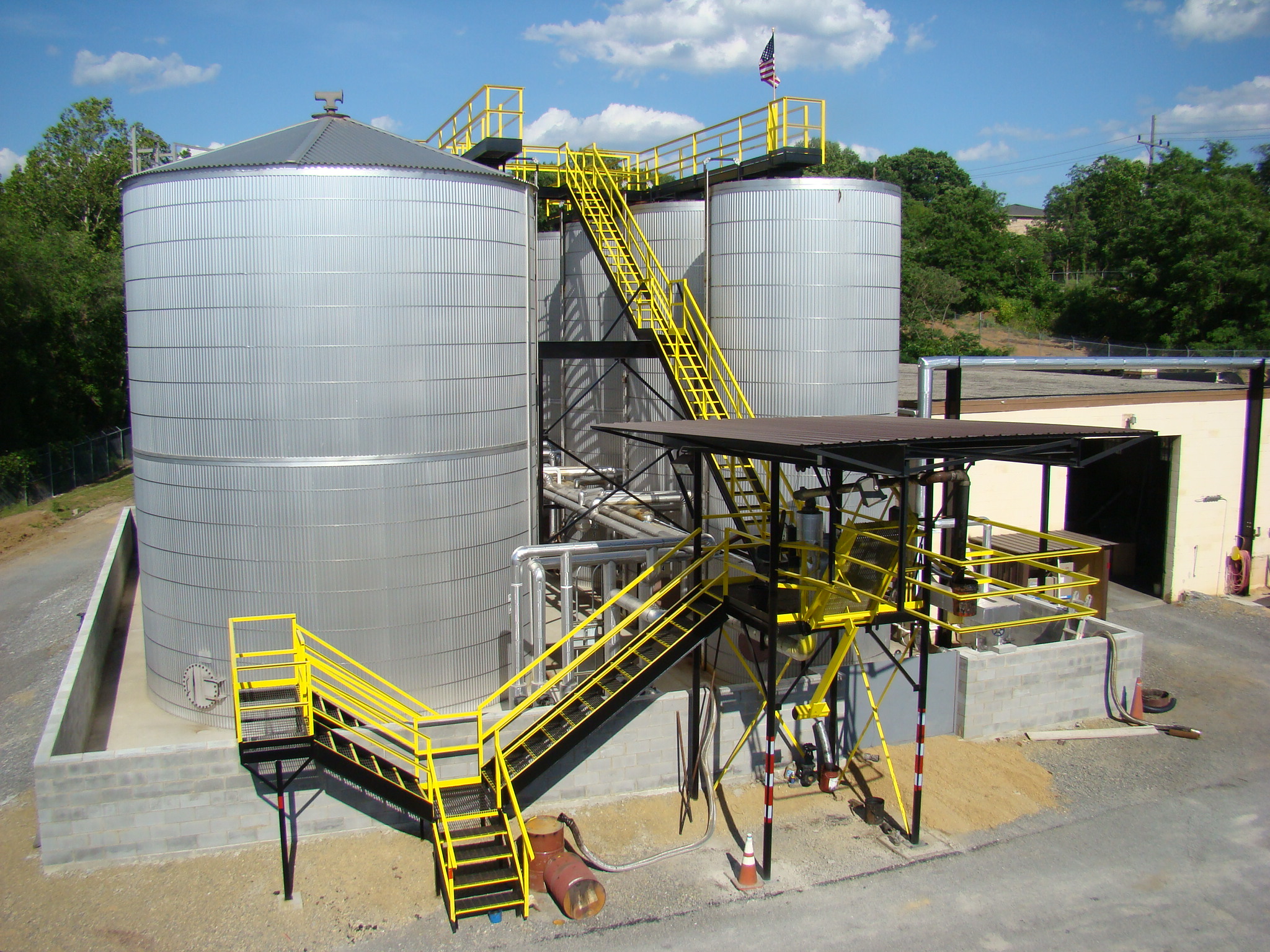





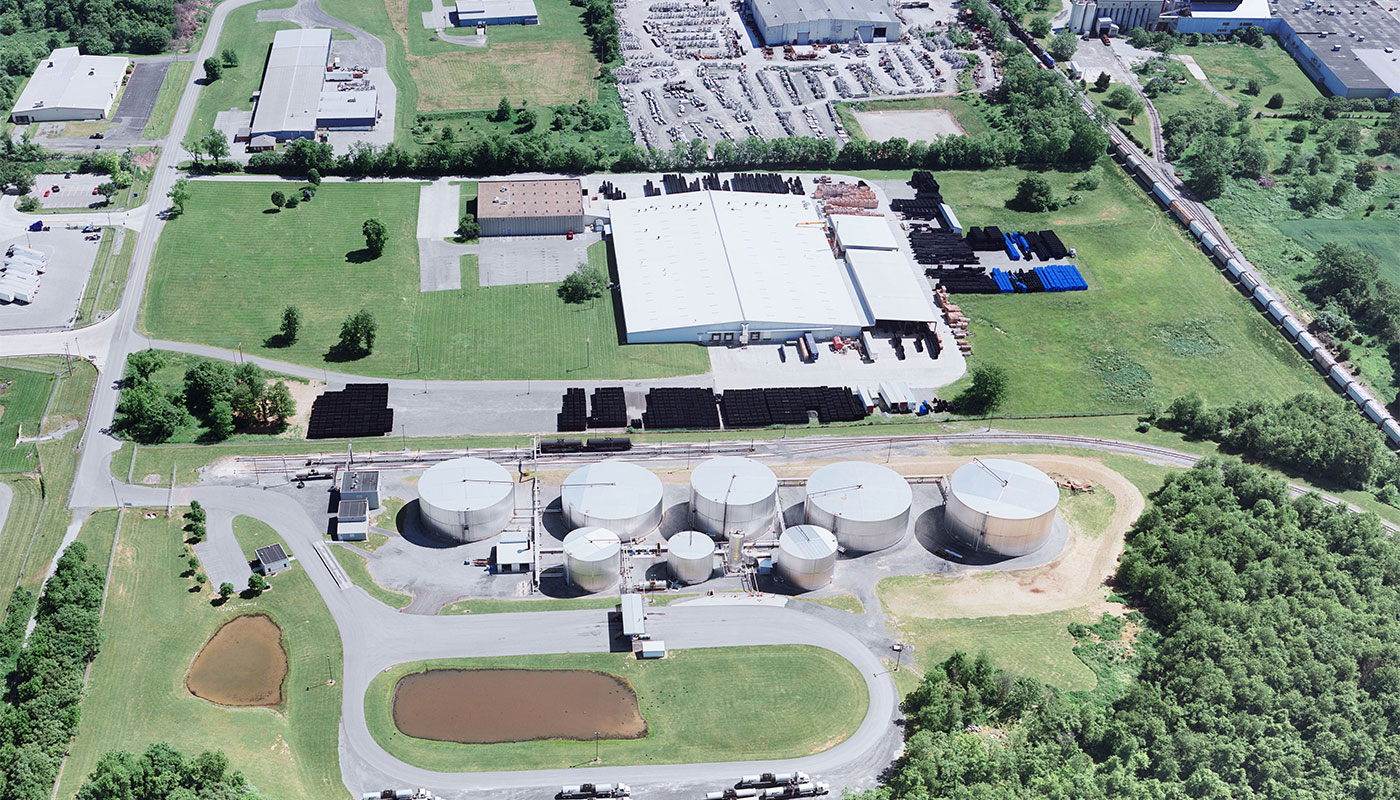

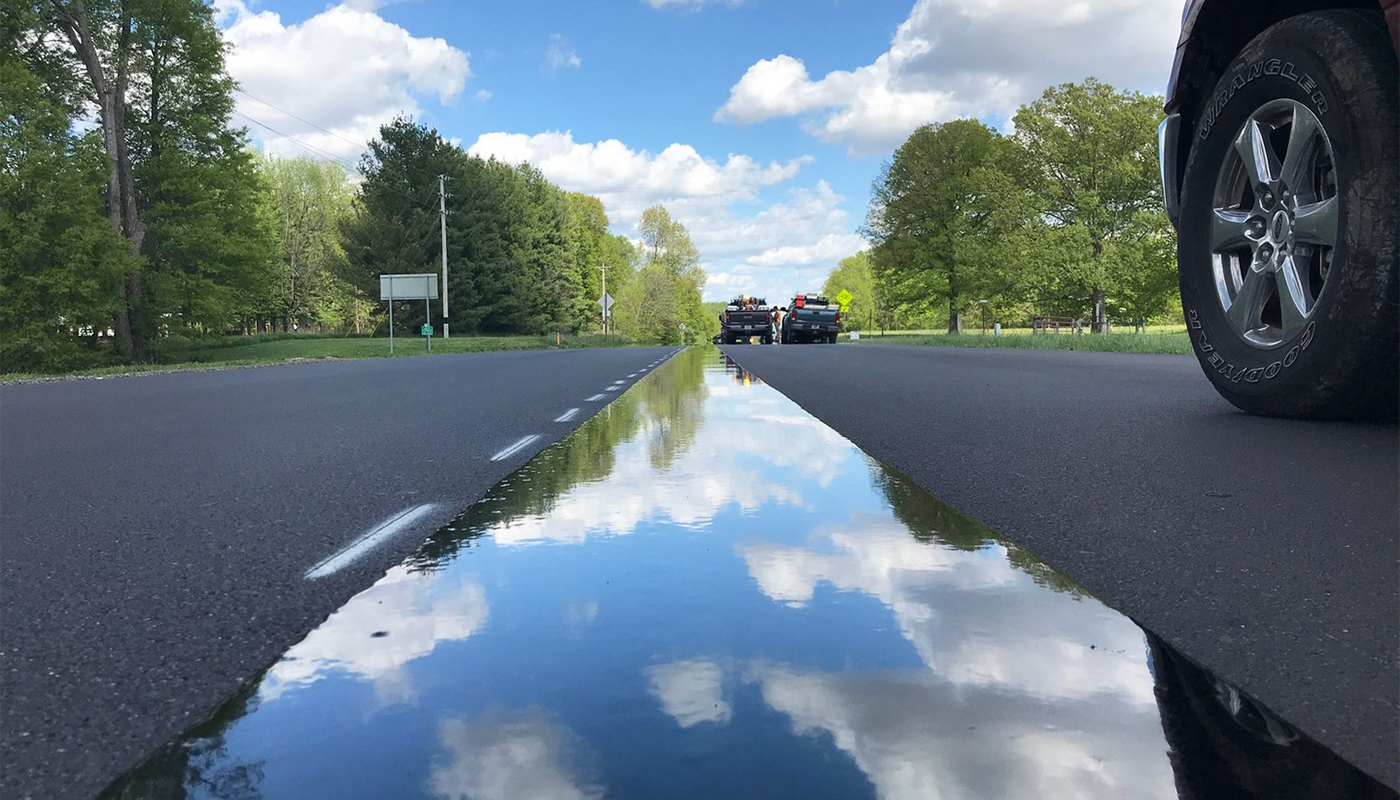


 The success of the business cannot be separated from the leadership and influence of Bill Kirk. Bill joined Associated Asphalt in 1976 and was named President in 1988 and CEO in 1999. Over this period, Bill led the diversification and expansion of Associated Asphalt from a single terminal in Roanoke to 35 terminals across 10 states. Bill has commensurately garnered the respect of industry participants, having served as Chairman of the Asphalt Institute twice, in 2004 and 2011.
The success of the business cannot be separated from the leadership and influence of Bill Kirk. Bill joined Associated Asphalt in 1976 and was named President in 1988 and CEO in 1999. Over this period, Bill led the diversification and expansion of Associated Asphalt from a single terminal in Roanoke to 35 terminals across 10 states. Bill has commensurately garnered the respect of industry participants, having served as Chairman of the Asphalt Institute twice, in 2004 and 2011.  John Janes, the company’s new President and Chief Executive Officer, has more than 25 years of experience across energy markets. He has a demonstrated track record of leading supply purchasing, developing customer-oriented solutions, managing storage and logistics infrastructure and directing teams. John has worked as the company President, teaming with Bill and the senior management team since 2007, and he was appointed Chairman of the Asphalt Institute in 2016. Prior to joining Associated Asphalt, John held senior management positions with Koch Materials / SemMaterials for 17 years.
John Janes, the company’s new President and Chief Executive Officer, has more than 25 years of experience across energy markets. He has a demonstrated track record of leading supply purchasing, developing customer-oriented solutions, managing storage and logistics infrastructure and directing teams. John has worked as the company President, teaming with Bill and the senior management team since 2007, and he was appointed Chairman of the Asphalt Institute in 2016. Prior to joining Associated Asphalt, John held senior management positions with Koch Materials / SemMaterials for 17 years.


